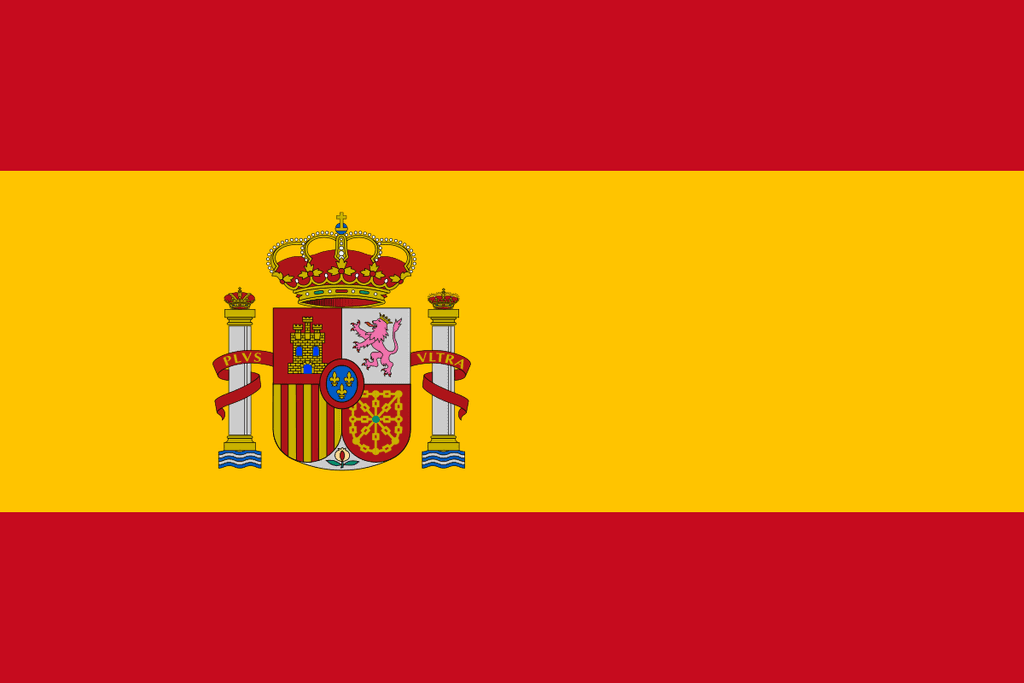

For cocoa operators, the EUDR represents a significant hurdle. It requires companies to overhaul their supply chain practices to ensure compliance with stringent deforestation standards.
In practical terms, this means that all operators dealing with cocoa and other commodities (coffee, cattle, oil, palm, rubber, soy, and wood) must provide sufficient evidence of non-deforestation in the crops from which their products are sourced as far back as 31 December 2020.
Products that do not meet the new due diligence requirements are prohibited from commercialization in the EU market after 30 December 2024.
While the industry has widely welcomed the forthcoming regulations, there have been concerns about their implementation and the effect they may have on older smallholders, women, and other vulnerable cocoa farmers, particularly in West Africa.
African Cocoa Marketplace understands the new law provides for small and medium enterprises (SMEs) to extend the deadline period to 30 June 2025.
The EU states that SMEs have an average of 50 employees and a net turnover of €8m, and micro undertakings have an average of 10 employees and a net turnover of €700k.
In a recent industry webinar, Dr Kristy Leissle, Founder & CEO of African Cocoa Marketplace, said it was vital that the EUDR not be just about the environment when carrying out risk assessments.
Fear and concern from cocoa farmers
Smallholder cocoa farmers are being scrutinized like never before, and there is a high level of fear or concern as they are being forced to engage on a technical level with operators to ensure their farms are not in protected areas.
‘This is not something the farmers have initiated or necessarily taken into account,’ Leissle said.
Leissle said she fears a mismatch between the compliance data the EUDR insists on using and reality on the ground.
ACM also understands that criticism has come from within the EU with reports that Sabine Weyand, the European Commission’s Director General for Trade, questioned the bloc’s handling of the EUDR with its trading partners, as ConfectioneryNews reported.
It revealed that at an Institute for International and European Affairs event, Weyand acknowledged that the EUDR—and its approach to trade and sustainability—had created significant problems.
‘We should learn some lessons from the opposition we are currently facing concerning the deforestation regulation … we have to recognize that the means are extremely burdensome and difficult to meet for developing countries and notably for small and medium-sized businesses and smallholders in these countries,’ Weyand said.
So what comes next?
The EU regulations on deforestation-free products came into force on 29 June 2023, giving operators and traders 18 months to implement the new rules—which means they are here to stay.
The cocoa industry is still waiting for a guidance document to be published by the European Union. However, the EU is collaborating with stakeholders on the development of a methodology for benchmarking, aiming for it to be ‘as objective and transparent as possible.’
EU’s Environment Commissioner, Virginijus Sinkevičius, also said that the EU would support establishing a traceability system to facilitate compliance, partly funded with €10 million and other anti-deforestation initiatives.
In the meantime, ACM will deliver the inaugural webinar in its EUDR Solutions series on June 12, outlining its collaborative EUDR Compliance Solution, in partnership with Orijin , Aya Data, and Demeter Holdings Ltd. Webinars in this series are scheduled for the second Wednesday of every month, from now until December 2024.
Registration for the ACM EUDR webinar will be live shortly on the ACM website and LinkedIn page.
What do you think about the EUDR? Please send us your comments.
(Article from our partner African Cocoa Marketplace Inc.)




